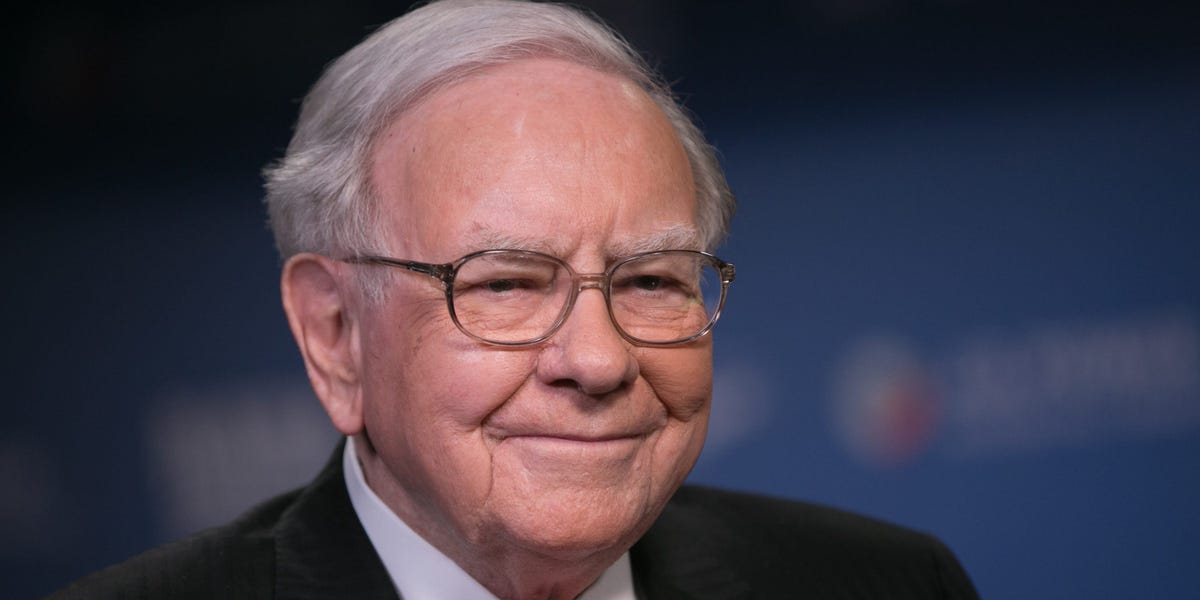Buffett's Farewell: Titans of Industry Weigh In on Berkshire's Changing of the Guard

In a momentous announcement that marks the end of an era, legendary investor Warren Buffett revealed his decision to step down as CEO of Berkshire Hathaway during the company's annual shareholder meeting on Saturday. The 93-year-old business icon, often referred to as the "Oracle of Omaha," has been at the helm of the multinational conglomerate for decades, guiding it to unprecedented success and becoming one of the most respected business leaders in the world.
Buffett's departure represents a significant milestone for Berkshire Hathaway, signaling a carefully planned leadership transition that has been years in the making. While the news may surprise some, it reflects the company's long-standing commitment to strategic succession planning and continued excellence.
The announcement comes as Buffett continues to be a towering figure in the investment world, known for his remarkable investment strategies and unparalleled business acumen. His legacy at Berkshire Hathaway is expected to endure long after his formal departure from the CEO role, continuing to inspire investors and business leaders around the globe.
